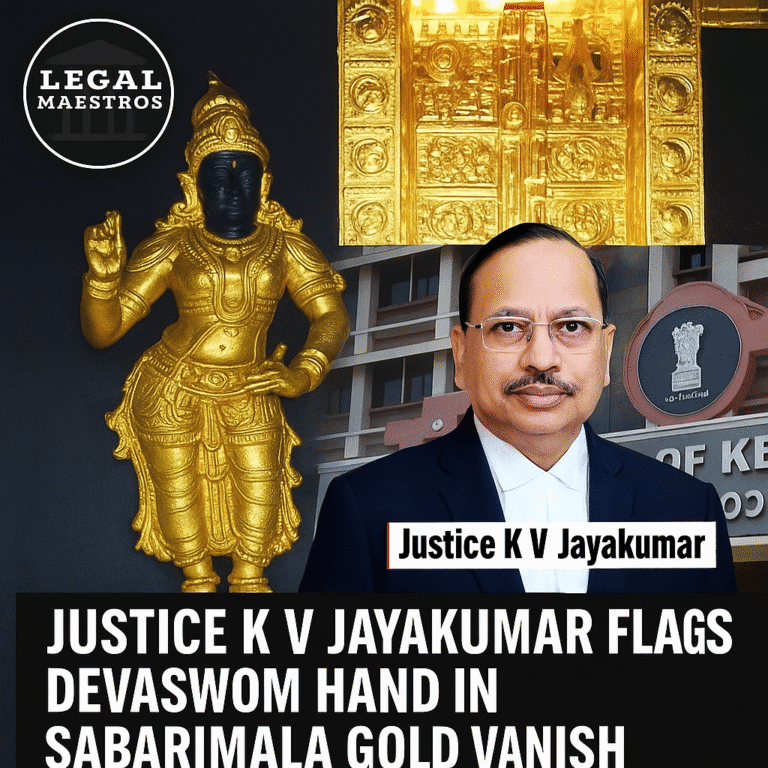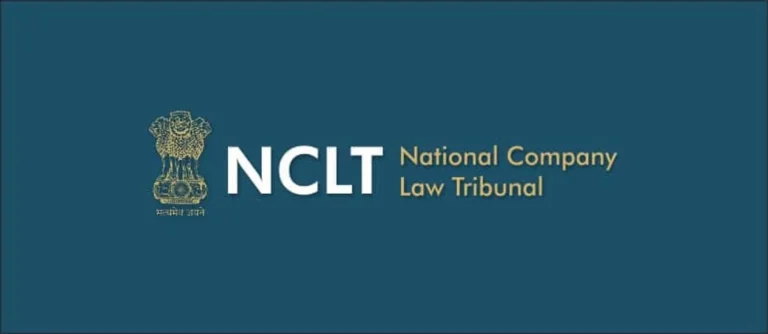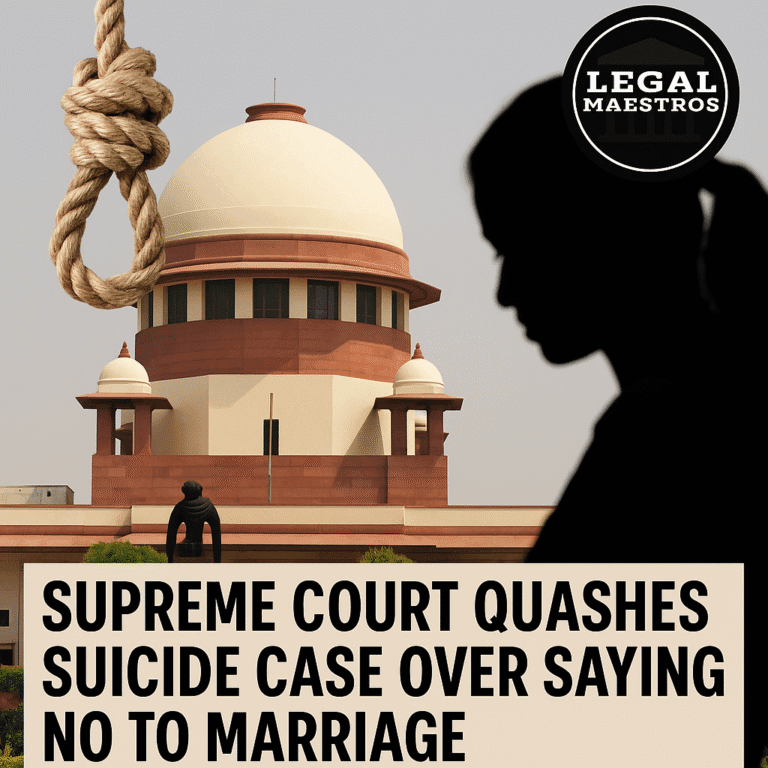
Paytm files insolvency plea against WinZO in NCLT over ₹3.6 crore dues
Paytm Drags WinZO to the Bankruptcy Court.
Another huge court case is about to take place in the technological and the gaming industry in India where fintech giant Paytm has petitioned the court over insolvency against the popular online gaming platform WinZO. This case now pending in New Delhi before the bench of the National Company Law Tribunal (NCLT) is based on a claim that the company owes about 3.6 crores of unpaid dues. It is a grave expansion in what seems to be a huge commercial conflict between the two businesses.
The petition was filed by Paytm parent company; One97 Communications, which alleged that WinZO did not pay on time. The NCLT has also assumed the issue and given WinZO a notice to submit a formal response. The two-member bench of the court, which includes both a member of a judicial and a technical segment has provided the gaming firm two weeks to respond, and the case has set up a high-stakes boardroom battle.
Making an insolvency plea is a very strong and forceful court action. It is not a simple lawsuit involving recovery of money. In case the NCLT accepts the plea of Paytm, it might also lead to the Corporate Insolvency Resolution Process (CIRP) of WinZO. The process might result in hiring a resolution professional who will replace the management of the company, which is a major risk to the operations of WinZO.
For any queries or to publish an article or post or advertisement on our platform, do call at +91 6377460764 or email us at contact@legalmaestros.com.
🧾 The Core of the ₹3.6 Crore Claim
The conflict is not regarding financial loan but regarding payments of services delivered. Paytm is serving as an operation creditor to the WinZO. The 36 crore purported unpaid dues is based on four individual invoices that Paytm has raised to the gaming company over advertisement services. The purchase orders on which these services were founded were those made by WinZO itself.
These invoices were related to advertising the gaming products of WinZO on the Paytm application, which is heavily used, according to the legal team of Paytm. This is not unique and gaming companies have a huge expenditure on advertising to get users. The outstanding invoices were on services provided in June 2025 and July 2025 with each invoice having the 60 days standard payment term, which WinZO purportedly did not respect.
Senior Advocate Krishnendu Datta, the counsel of Paytm, said that all the services were rendered as per the contract. His case was that an official demand letter had been issued to WinZO on the first of October, 2025, according to the statute, but the due had not been paid. The stand of Paytm is that this amount is a definite default on an undisputed debt of operation.
For any queries or to publish an article or post or advertisement on our platform, do call at +91 6377460764 or email us at contact@legalmaestros.com.
The major aspect of the argument offered by Paytm is that similar advertising campaigns had been paid by WinZO before without any problems. The legal team argues that defaulting of these particular invoices is a relatively new phenomenon. They further implied that the non-payment is correlated with the government prohibition of online real-money gambling, indicating that the default of WinZO could be the result of financial suffering of the new regulations.
WinZO Defense: WinZO Pre-Existing Dispute.
WinZO has also produced a formidable defense one that its legal team, headed by Senior Advocate Abhishek Malhotra has tabled before NCLT. The gaming firm is not asserting that it cannot meet any of the debts. Rather, it is claiming that the insolvency plea is invalid due to the pre-existing dispute on the quality and validation of the services offered by Paytm.
WinZO asserts that the invoices are not payable since they are yet to be validated as stated in the terms of the initial purchase order. It is claimed that there is a certain provision in the contract that demands the process of email validation of WinZO before issuing an invoice can be officially executed. The company attorneys claimed that the firm was in its own reviewing process of such invoices, to its accounts and legal departments.
For any queries or to publish an article or post or advertisement on our platform, do call at +91 6377460764 or email us at contact@legalmaestros.com.
The defense of the gaming platform is that it was not an easy default but a real business conflict. In the argument that WinZO provides, the basis is that this dispute on the issue of invoice validation was already present when Paytm placed the insolvency plea. This forms a very important legal difference as laid down under Insolvency and Bankruptcy Code (IBC).
The company also brought internal emails as a testimony that the invoices had been indeed marked as not validated and that it had been forwarded to a central team to evaluate them. This, they contend, shows that there is a dispute. The job of the NCLT is not to resolve the dispute but to ascertain whether there is a real dispute or not. In the event of this, the insolvency plea is bound to be thrown out.
Under the Legal Battleground: Section 9 of the IBC.
All this case is centered on a particular law: the section 9 of the Insolvency and Bankruptcy Code (IBC). This part enables an operational creditor or a company owed money in the form of goods or services, to become insolvent in regard to a defaulting corporate debtor. This is an effective weapon since the procedure is far quicker than the money recovery through a normal civil suit.
For any queries or to publish an article or post or advertisement on our platform, do call at +91 6377460764 or email us at contact@legalmaestros.com.
Nevertheless, this law has an important protection of the debtor companies, and this is what WinZO is betting on. In case the debtor can demonstrate that there is a pre-existing dispute over the debt, the NCLT has to dismiss a Section 9 application. In the first of the landmark Mobilox case, the Supreme Court of India has made it clear that the dispute must not be found to be valid, it only must be real and not a last minute sham or a moonshine defense.
The defense of WinZO has been directly criticized by the legal team of Paytm as a sham. They argue that when the advertisements were running, WinZO had never complained on the same. They further purport to have availed all the validation data necessary as per the AppFlyer tracking tool as required by their contract. According to Paytm, this is just an attempt to get off with paying with this argument of validation.





![Research Assistantship @ Sahibnoor Singh Sindhu, [Remote; Stipend of Rs. 7.5k; Dec 2025 & Jan 2026]: Apply by Nov 14, 2025!](https://legalmaestros.com/wp-content/uploads/2025/11/Gemini_Generated_Image_s0k4u6s0k4u6s0k4-768x707.png)
![Karanjawala & Co Hiring Freshers for Legal Counsel [Immediate Joining; Full Time Position in Delhi]: Apply Now!](https://legalmaestros.com/wp-content/uploads/2025/11/Gemini_Generated_Image_52f8mg52f8mg52f8-768x711.png)
![Part-Time Legal Associate / Legal Intern @ Juris at Work [Remote]: Apply Now!](https://legalmaestros.com/wp-content/uploads/2025/11/ChatGPT-Image-Nov-12-2025-08_08_41-PM-768x768.png)
![JOB POST: Legal Content Manager at Lawctopus [3-7 Years PQE; Salary Upto Rs. 70k; Remote]: Rolling Applications!](https://legalmaestros.com/wp-content/uploads/2025/11/ChatGPT-Image-Nov-12-2025-08_01_56-PM-768x768.png)